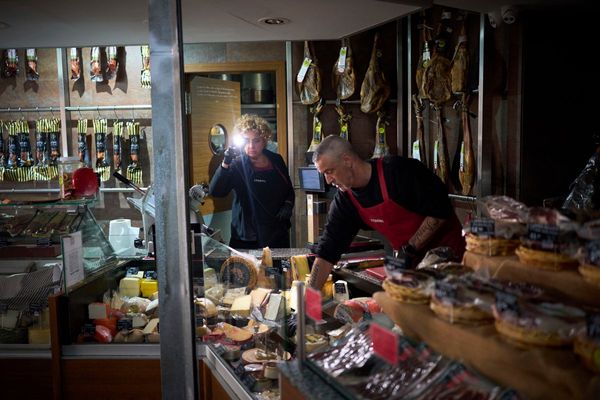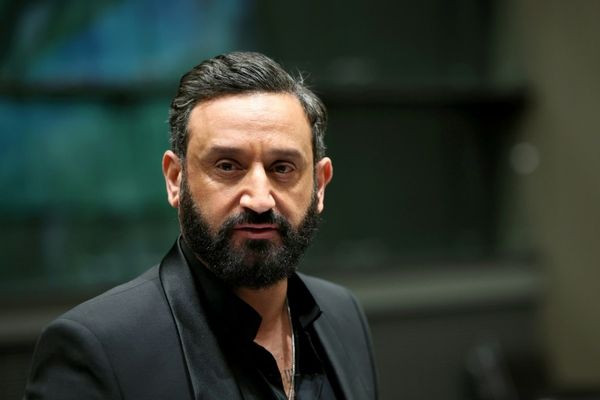
A New South Wales woman repatriated to Australia from a Syrian refugee camp last year has been charged with entering al-Raqqa province in the war-torn country while it was under the control of the Islamic State.
Mariam Raad, 31, is expected to face Wagga Wagga local court by video link on Thursday afternoon.
Police will allege Raad, who now lives in Young, south-west of Sydney, knowingly entered the “declared area” of al-Raqqa province in 2014, travelling to Syria to be with her husband who had joined Islamic State as a fighter.
Raad’s husband, former maths teacher turned alleged Islamic State recruiter, Muhammad Zahab, died in 2018.
“It will be alleged the woman was aware of her husband’s activities with Islamic State, and willingly travelled to the conflict region,” NSW police said.
The offence of entering, or remaining in, a declared area carries a potential 10-year jail term.
Raad was charged after an investigation by the NSW joint counter-terrorism team (JCTT), an investigation which commenced while she was in Syria, and continued after she was repatriated to Australia.
She was arrested after police executed search warrants in Young, and at Parklea, in Sydney’s north-west, on Thursday morning.
The joint counter-terrorism team is understood to have recently obtained new evidence, enabling them to charge Raad.
In October, the Australian government repatriated 17 citizens – four women and 13 children – from the Roj camp in north-east Syria. The group – including Raad – flew into Sydney having been extracted over the Syrian border into Iraq. Raad is the only person from the group who has been charged so far.
About 40 Australian citizens – the wives, sons and daughters of slain or jailed Islamic State combatants – remain held in Syrian camps. The majority are children, some of whom were born in the camps.
Conditions in the camps are dangerous and deteriorating. Over winter in particular, temperatures are regularly below freezing and Australian children, living in tents, have contracted severe frostbite.
The AFP acting assistant commissioner, Sandra Booth, from the counter-terrorism and special investigations command, said the JCTT would continue to investigate Australians returning from declared conflict areas.
“Individuals will be brought before the courts when evidence supports allegations that returned individuals have committed offences in conflict areas,” Booth said.
“The JCTT will continue to target criminal activity and does not target specific ideologies or beliefs.”
Police said there is no current or impending threat to the Australian community linked to the woman’s arrest or alleged activities.
The NSW joint counter-terrorism team draws its members from the Australian federal police, NSW police, the Australian Security Intelligence Organisation and the NSW crime commission.







